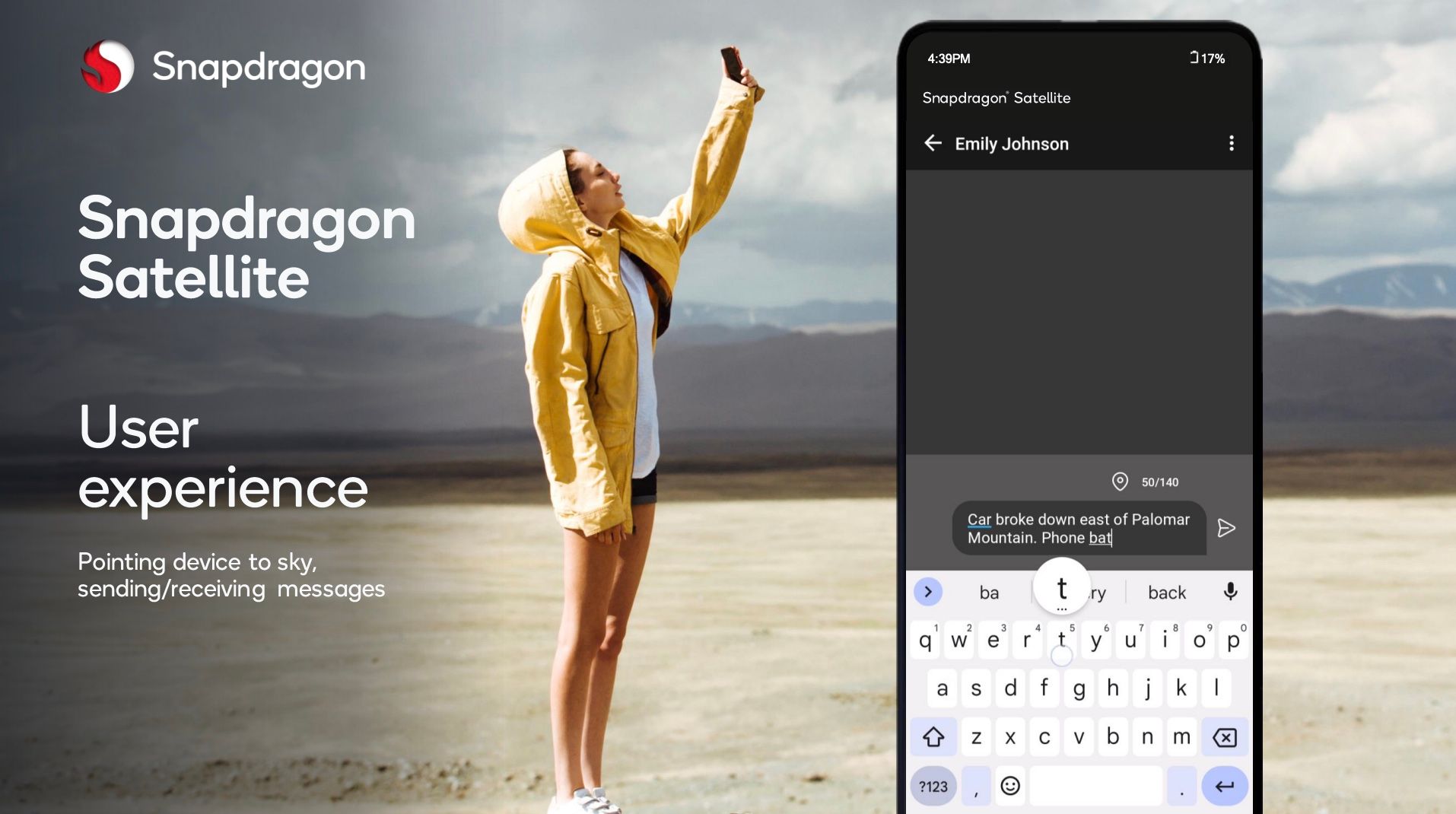The Snapdragon 8 Gen 3 was announced last month as the chip that will power many high-end Android phones in late 2023 and throughout 2024. However, the satellite messaging feature that Qualcomm previously promised wasn't talked about much, even though it was supposed to be ready by the second half of this year. Now, we know the likely reason.
Qualcomm and Iridium have put an end to their plans for satellite connectivity in Snapdragon-powered smartphones. Iridium is the operator of the satellites that would've provided services to Qualcomm, and the company would've powered the Snapdragon Satellite feature that hasn't yet launched. In a statement to CNBC, Qualcomm confirmed the news and added that smartphone makers have "indicated a preference towards standards-based solutions" for satellite connectivity. This means smartphone manufacturers would much rather use technology that adheres to established industry standards, rather than proprietary, non-standard solutions. Standards-based solutions offer several benefits, including better compatibility, interoperability, and reliability.
While the above statement might hint that Qualcomm isn't completely done with its dream to bring satellite connectivity to Android phones, it does mean that at least for now, it's probably not going to be possible. Qualcomm might re-announce this in the future with something more in-line with other manufacturers and the satellite connectivity support in Android 14.
Apple has been relentlessly pressuring Qualcomm in this segment, too, continuously enhancing its satellite technology with every new iPhone and hardware release. The iPhone 14 and 14 Pro series introduced satellite connectivity, but unlike Qualcomm's promised two-way texting with regular contacts, Apple's feature is only for sharing your location and contacting emergency services. Apple added roadside service calls alongside the release of the iPhone 15, which was also backported to the iPhone 14 series.
The significance of satellite connectivity, at least now that we have it, cannot be overstated as it can be a lifesaver in situations where traditional communication methods fail. Since the introduction of satellite-capable iPhones on the market, many lives have been saved, and the technology has proved to be an essential feature for users who require reliable communication in remote areas. So, it would be great to have that on an Android phone. We'll have to wait and see.
Source: PCMag, CNBC via Mishaal Rahman (Twitter/X)
